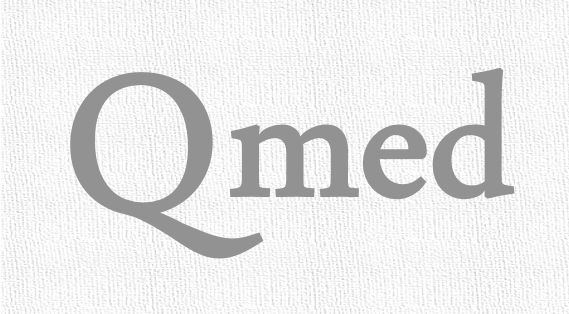Qmed | The future of medical technology according to Ray Kurzweil
May 16, 2016
Qmed — January 26, 2016 | Brian Buntz
 Ray Kurzweil has made a name for himself for making outlandish technology forecasts, many of which have proven accurate. Here, we summarize some of his predictions that could have the largest implications on medicine.
Ray Kurzweil has made a name for himself for making outlandish technology forecasts, many of which have proven accurate. Here, we summarize some of his predictions that could have the largest implications on medicine.
Ray Kurzweil’s initial claim to fame was his inventions — including the flatbed scanner, the first print-to-speech converter for the blind, and a groundbreaking music synthesizer .
But he has received more attention in past decades for his predictions and his books. In the 1990s, he made 147 projections for 2009. In 2010, he reflected on them and determined that 86% of them were correct.
While his critics dispute the accuracy of some of his forecasts, Kurzweil has predicted the age of mobile computing, digital books, wearables, self-driving cars, and high speed wireless data transmission. In the 1980s, he eerily predicted the emergence of a global online network long before the internet as we now know it exists. Bill Gates has called Kurzweil “the best person I know at predicting the future of artificial intelligence.”
Many of Kurzweil’s ideas seem outlandish at first — a necessity he argues, because our human brains are only equipped to think linearly while technology is evolving at an exponential rate. His most famous theory is the singularity: tech will continue to evolve at exponential pace, changing human destiny, giving humans the option of immortality. In the Wall Street Journal, he deflected criticism from theologians who insist death is necessary by saying: “Oh, death, that tragic thing? That’s really a good thing.”
Kurzweil sees humans heading for a tipping point — adding more than a year to our life expectancy each year. Biology is inherently an information process, Kurzweil argues, and in the coming decades, humans will gain the ability to not only turn off disease genes and program our own biology.

No comments:
Post a Comment